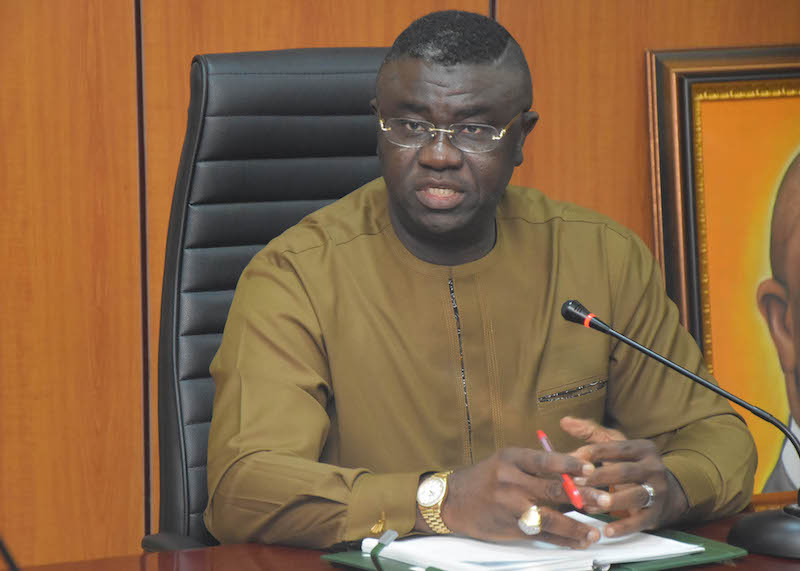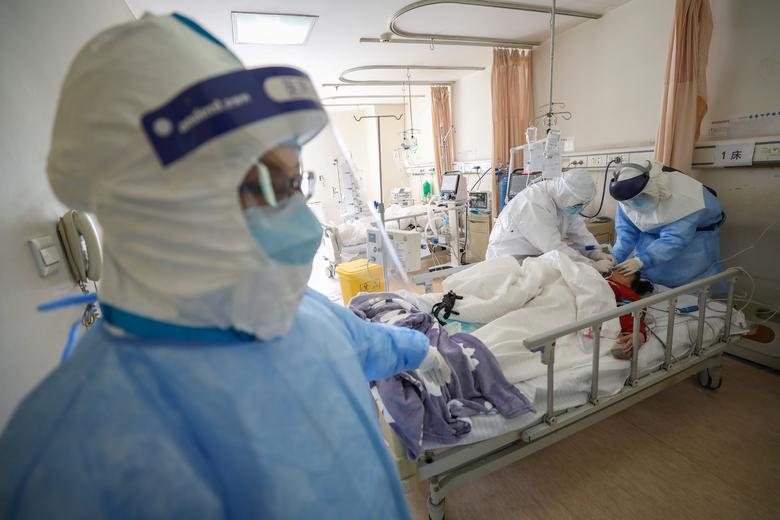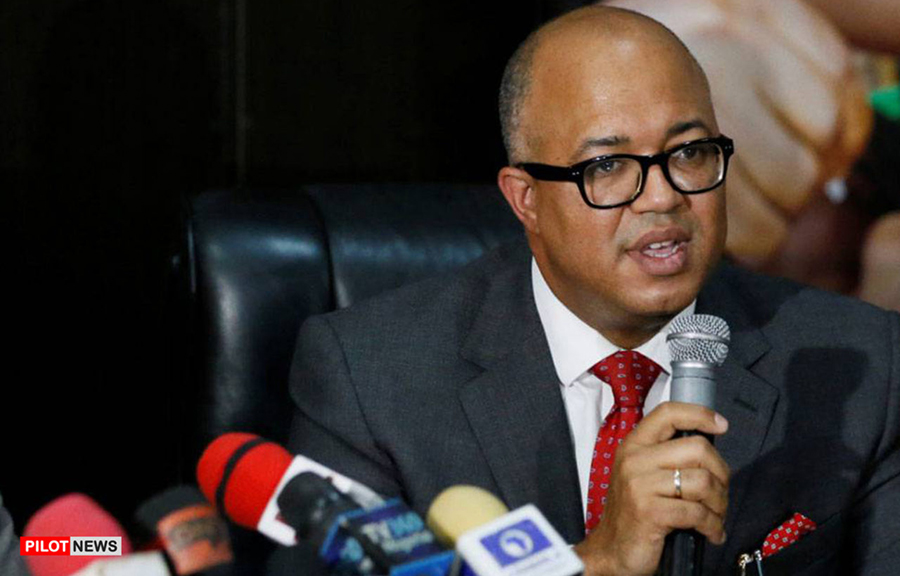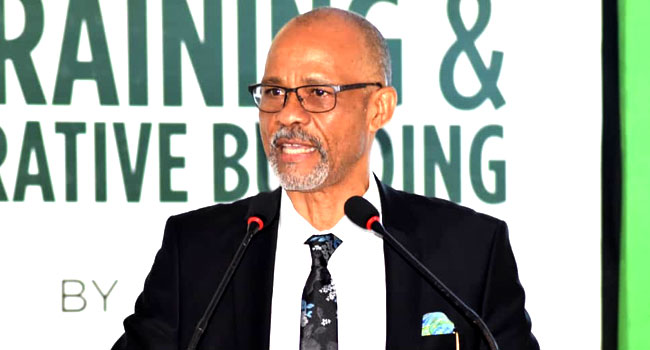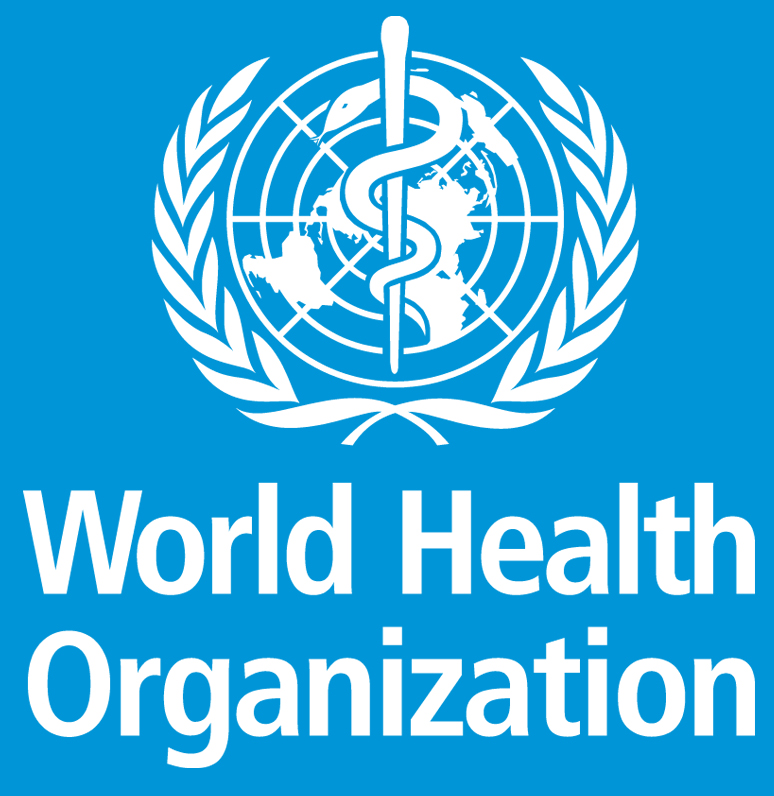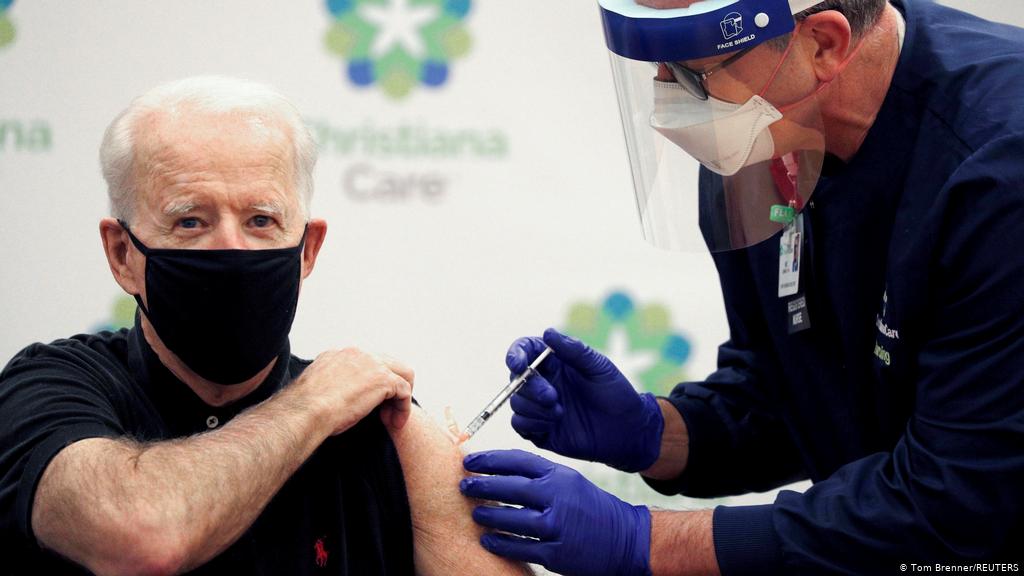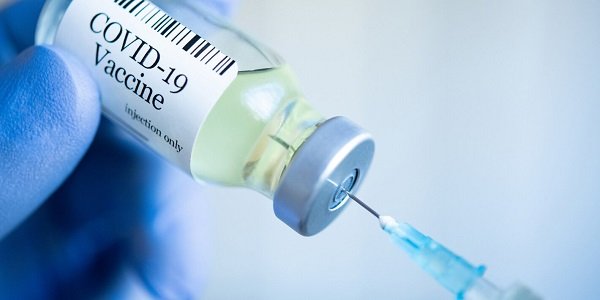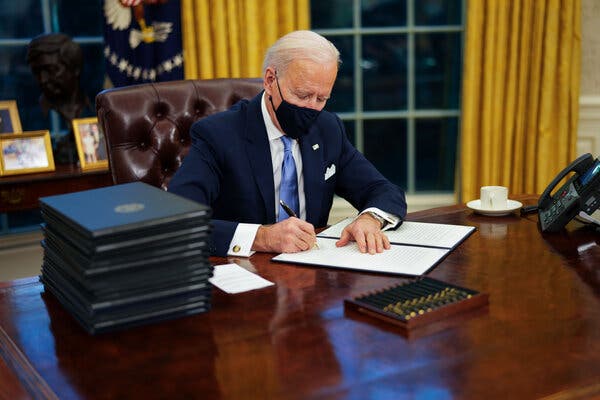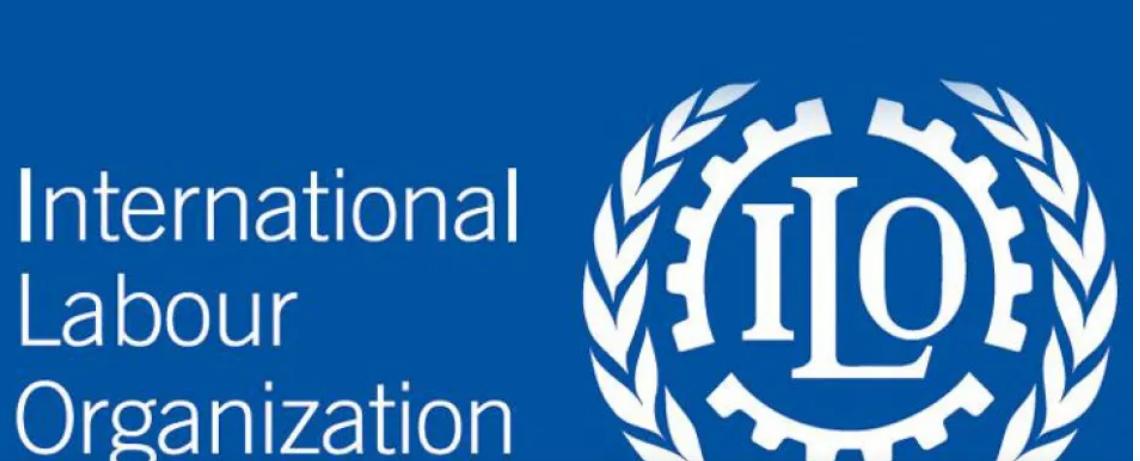The Minister of State, Budget and National Planning, Mr Clem Agba, said the federal government had spent N2.3 trillion as stimulus package to cushion the effect of COVID-19 pandemic in the country.
Agba said this at a three-day 4th National Treasury Workshop organised by the Office of the Accountant General of the Federation in Uyo on Tuesday.
The theme of the workshop is, “COVID-19 and the Global Economy: Implications on Nigeria’s National Treasury.”
“In spite of the impact of COVID-19 and dwindling revenue from oil, our strategy was to expand government’s activities to cushion the effect of the pandemic with the total estimated stimulus package by the Federal Government of N2.3 trillion.
“These package consisted, to a large extent, of a combination of fiscal and monetary policies, sectoral interventions, and social programmes.
“The fiscal and monetary policies were support to states, businesses, households and individuals through grants, tax relief, payroll support, tariff reductions and direct support to the health sector.
“The real sector interventions were focused on mass agriculture, mass housing, public works, off-grid solar power installations and support to small businesses,” Agba said.
He said these interventions created a large number of jobs, empowered farmers and entrepreneurs, conserved foreign exchange and provided guaranteed offtake of output, especially in agriculture and housing.
The minister added that in spite of the COVID-19 challenges, Nigeria was still the largest economy and most populous in Africa.
Agba said the federal government would continue to provide the enabling environment for businesses to thrive in the country.
He said the President Muhammadu Buhari administration was committed to attracting and supporting foreign direct investments and partnerships in Nigeria.
“The government is creating an enabling macroeconomic environment by eliminating barriers and putting in place many incentives to attract investments.
In his remarks, Gov. Udom Emmanuel of Akwa Ibom said the state government had set up Post COVID-19 Economic Advisory Committee made up of professionals to advise government on the way forward.
Emmanuel was represented by his deputy, Mr Moses Ekpo.
He said the state government had started implementing some of the committee’s recommendations like the application of ICT and other tools of technology to stimulate entrepreneurial drives amongst the people.
“Today, even though we still have work to do, our youth have positive expressions in the use of their hands and creative abilities to create sustainable living for themselves, using technology as a means of engagement.
“I am very hopeful that this workshop will also come up with ideas and approaches to stimulate and grow our economy in the new world trust upon us by COVID-19 pandemic,” he said.
Earlier, the Accountant General of the Federation, Alhaji Ahmed Idris, said the workshop would provide financial shock-absorber to government on how to manage any pandemic induced financial challenges.
Idris added the workshop would further enlighten financial managers in government on how to control aggregate cash flows within fiscal, monetary and legal limits.
He commended the Akwa Ibom government for its support and hospitality in ensuring the success of the workshop.
